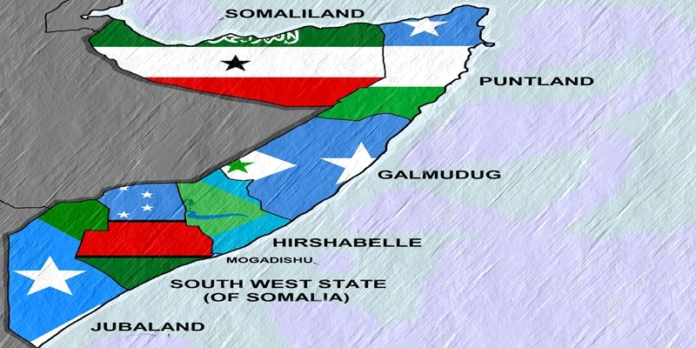Author: Mark Fathi Massoud
Affiliation: University of California, Santa Cruz, CA, USA
Organization/Publisher: Journal of Law and Society
Date/Place: October 10, 2020/ Cardiff, UK
Type of Literature: Journal Article
Number of Pages: 15
Link: https://onlinelibrary.wiley.com/doi/epdf/10.1111/jols.12251
Keywords: Rule of Law, Fragile States, Somalia, Terrorism.
Brief:
Since 1991, Somalia is considered as the most fragile state in the world. The governing institutions are not functional, and the country is now occupied by militant organizations. This article analyzes three periods of post-colonial Somalia in the context of rule of law and how it was challenged by extremist organizations. The first period is the dictatorial regime of Siad Barre (1969-1991), an era of enforced blend of Shariah with scientific socialism. The authoritarian regime of Siad Barre demonstrated an iron fist strategy to neutralize any threat to its version of Shariah. The second period comprises of collaboration among Shariah courts of Somalia in the 1990s and 2000s. The urban centers of Somalia (specifically Mogadishu) that were used to warlords’ militia patrols expelled such warlords with independent Shariah courts having emerged in their own legal spheres. The third period evaluates the internal dynamics of Somalia during the process of disintegration post-1991. The author explains the religious narrative generated by Ulemas of Somalia to ensure peace. The author concludes that scholarship must consider religion as a driving force while analyzing rule of law in chaotic and anarchic states, where masses are only dependent on faith for their survival.
By: Muhammad Taimoor Bin Tanveer, CIGA Non-Resident Senior Research Associate




